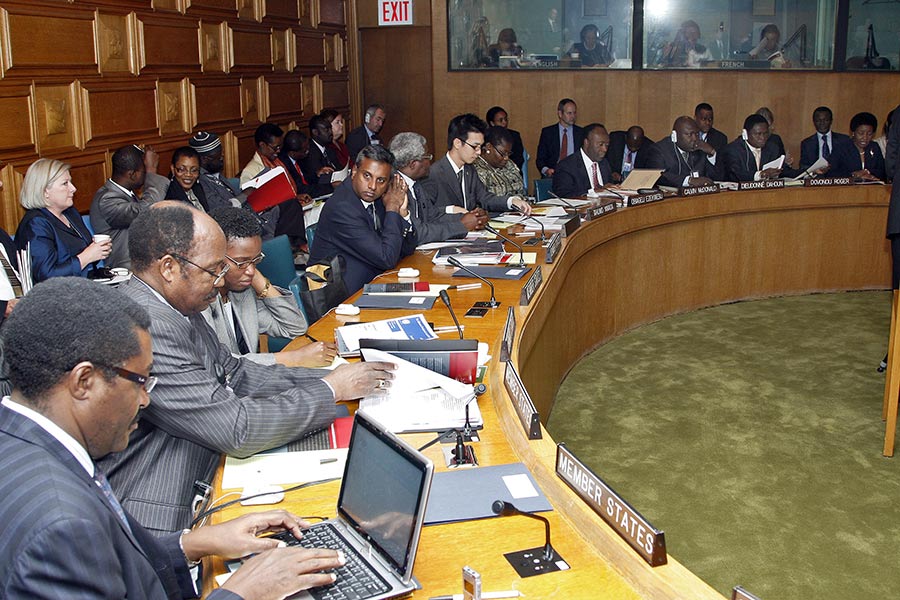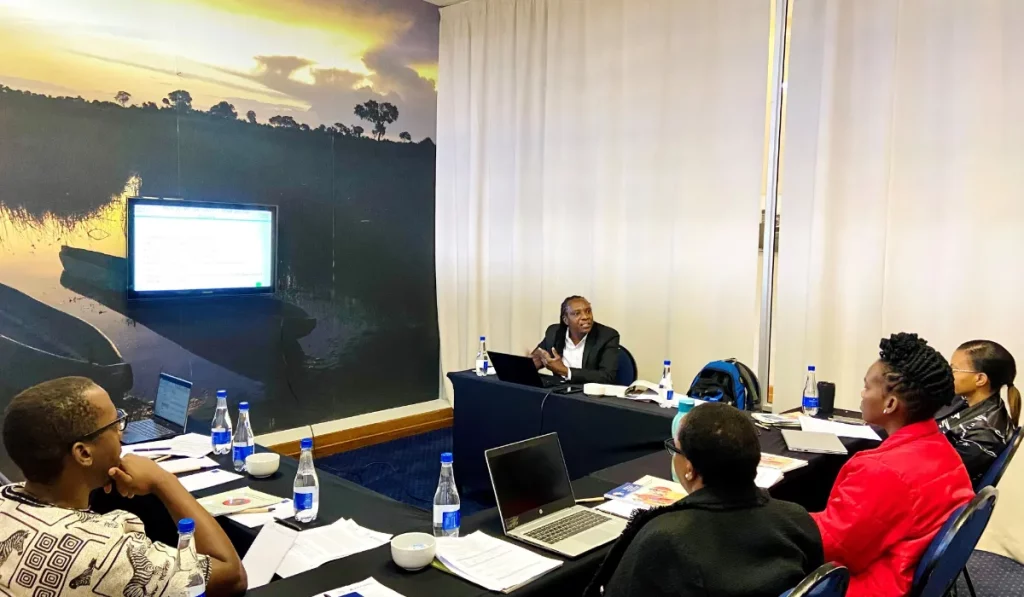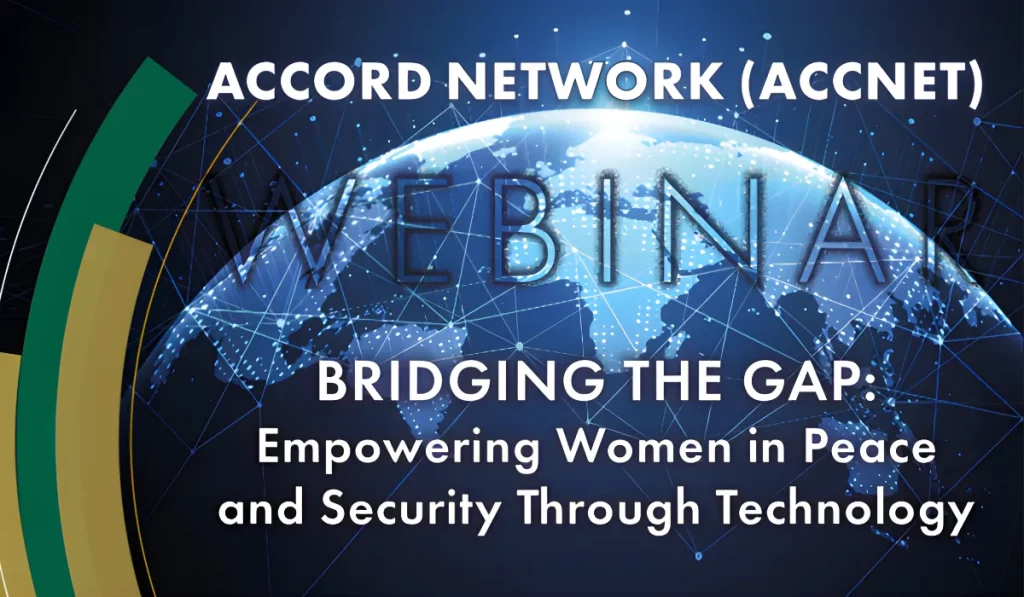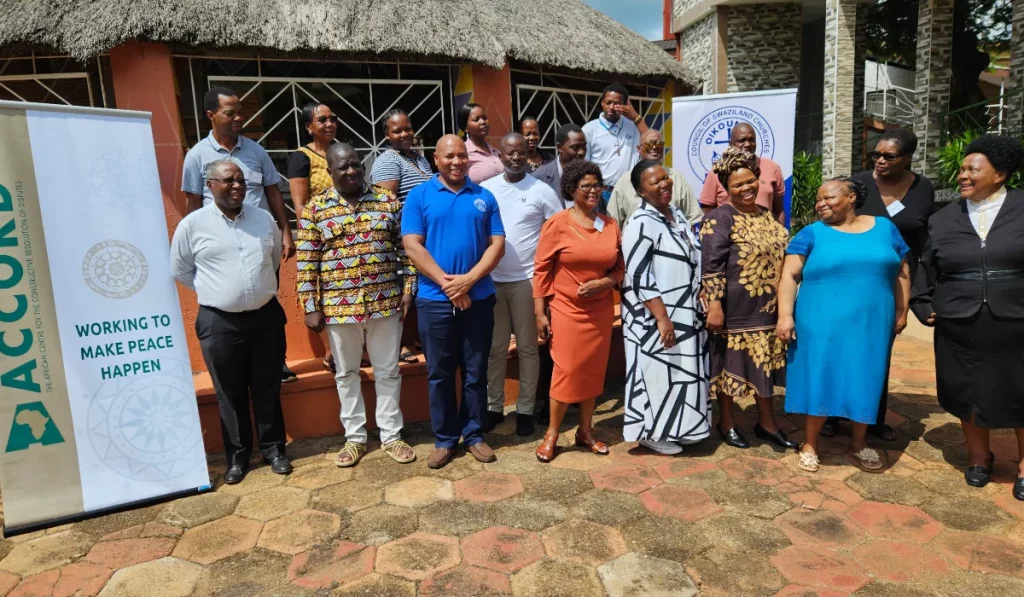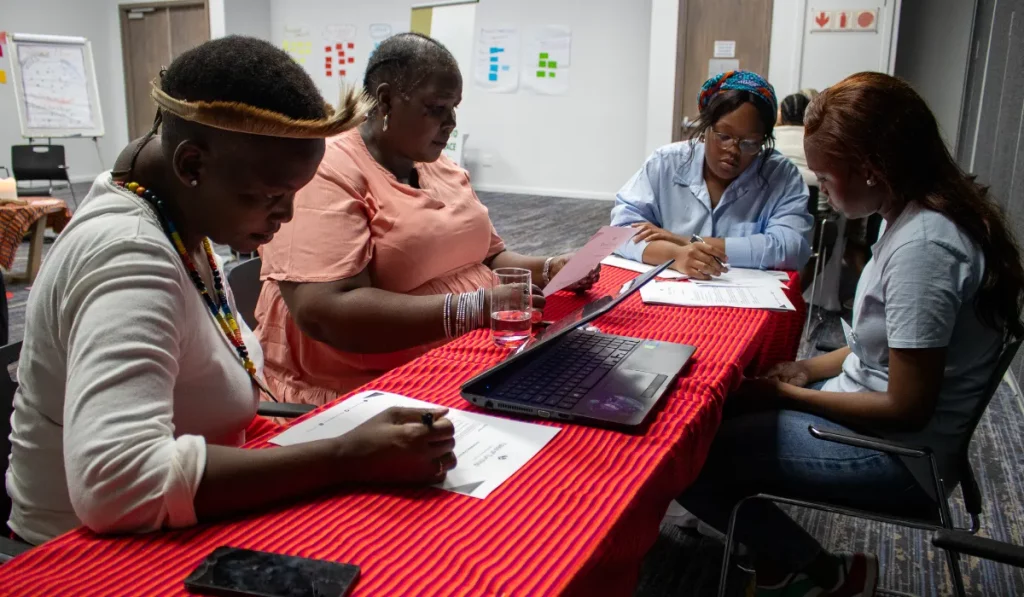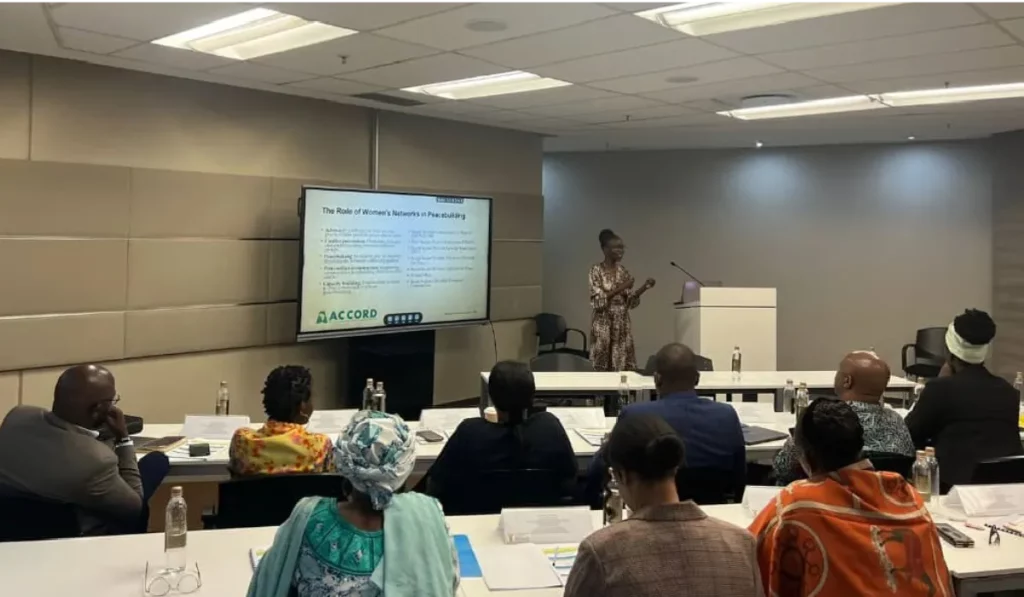In an effort to address the shrinking space faced by civil society in several African countries, members of the Global Partnership for the Prevention of Armed Conflict (GPPAC) should strengthen collaboration and cooperation within and between the four GPPAC regional networks on the continent. This and other recommendations emerged from a GPPAC International Steering Group (ISG) Meeting held in Accra, Ghana from 13 to 15 November 2013.
ACCORD has been a member of GPPAC since 2005, but revitalised its engagement in the initiative in 2011. The institution forms part of the re-constituted eleven-member regional network for southern Africa, and also hosts and coordinates the Regional Secretariat.
The three-day ISG meeting sought to provide updates from GPPAC’s 15 regional networks and five global programmes (policy & advocacy, public outreach, action learning, network strengthening and gender); share feedback on and discuss operational and governance matters; facilitate strategy discussions; and develop GPPAC statements and priorities for 2014.
The Africa and Middle East Panel was made up of Emmanuel Bombande of the West Africa Network for Peacebuilding (WANEP) representing GPPAC West Africa, Walter Odhiambo of the Nairobi Peace Initiative-Africa (NPI-Africa) for East and Central Africa, Fadi Abi Allam of Lebanon’s Permanent Peace Movement (PPM) representing the Middle East and North Africa, and ACCORD’s Sabrina Ensenbach for southern Africa. Panelists reported a number of activities and achievements from their respective networks, discussed common challenges and explored ways of addressing these. It emerged that, among others challenges, civil society in a number of African countries is faced with:
- a fluidity of political, socio-economic and security-related dynamics which pose a threat to effective implementation of conflict prevention and peacebuilding activities
- a shrinking or contested space to operate, as well as a polarisation of civil society itself that can lead to a lack of responsiveness to the most pressing opportunities for stakeholder engagement
Recognising that these challenges are not limited to certain countries and regions on the continent, one of the main recommendations coming out of the panel discussion was to enhance collaboration, cooperation and knowledge exchange between GPPAC network members from various countries and regions, as well as the GPPAC Global Secretariat. Toward this end, a Network Strengthening Strategy has been developed during 2013 which was approved at the ISG Meeting. Proposed network strengthening efforts are based on the rationale that if civil society organisations active in conflict prevention and peacebuilding join forces through strong regional and global networks, civil society will be better positioned to contribute effectively to preventing violent conflict.
ACCORD continues to coordinate and strengthen the GPPAC southern Africa network. Ms Ensenbach’s participation in the ISG Meeting provided an important opportunity to share experiences from southern Africa with other network members, Global Secretariat staff and the GPPAC Board, and to jointly strategise towards enhancing civil society efforts for conflict prevention and peacebuilding across Africa and globally.
GPPAC is a member-led network of civil society organisations active in the field of conflict prevention and peacebuilding. GPPAC advocates for sustainable solutions for peace, by upholding and supporting local leadership, peace infrastructures and civil society capacities to work with governmental and intergovernmental actors for preventive action. GPPAC is organised around 15 regional networks, each region having its own priorities and agenda.

